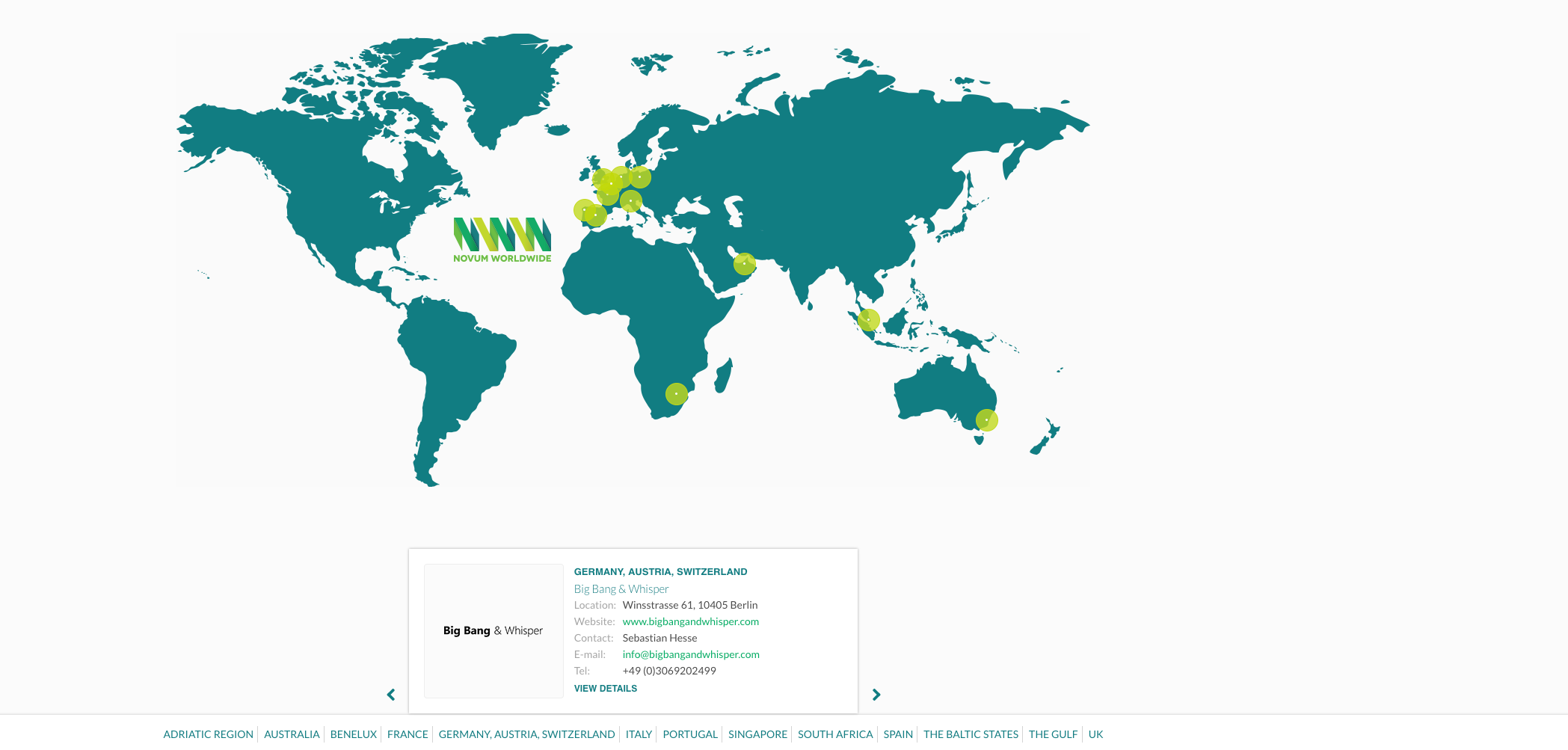Defluencing: Understanding the digital advocacy revolution and its broader implications in Online Marketing
In the realm of online marketing, influencer marketing strategies have dominated the last decade, with brands extensively using influencers to reach their audience. But with the dynamism inherent to the digital landscape, a captivating counter-movement is emerging: defluencing. We explore the nuances of defluencing, its potential monetization strategies, and how brands might navigate collaborations with these anti-influencers.
Understanding Defluencing
Defluencing, at its core, is an antithesis to traditional influencer marketing. Where influencers advocate for products or services, defluencers do the opposite, cautioning their audience against certain brands or products. They actively advise their audience not to buy or support particular products, services, or brands. This could be due to ethical concerns, subpar quality, or simply the idea that the product is not worth the hype. This shift isn’t just a rebellious phase; it’s emblematic of a deeper change in the online marketing world.
Origins and Impetus: Defluencing stems from multiple societal shifts:
- Conscious Consumerism: As global awareness around issues such as sustainability, ethical manufacturing, and fair labor practices grows, so does the demand for brands to align with these values. Defluencers often call out brands that fall short, directing followers towards more responsible alternatives.
- Digital Authenticity: With the oversaturation of promotional content online, consumers have grown wary. They are now seeking genuine reviews and unbiased perspectives, leading to the rise of defluencers who offer a counter-narrative to the constant barrage of product endorsements.
- Brand Accountability: Beyond just reviews, defluencers often take on a watchdog role, ensuring that companies are held accountable for their actions, be it in terms of product quality or broader corporate responsibility.
Implications for Online Marketing: The rise of defluencing has profound implications for marketing professionals and PR agencies:
- Demand for Transparency: Brands are now compelled to be more transparent about their processes, as any opacity can be quickly highlighted by defluencers. Transparency is valued different in different markets though. In the Western European and specifically the German market, media has always been quite critical. Especially in PR, less branded communications and clear factual information is key.
- Reputation Management: Companies must be proactive in addressing concerns raised by defluencers, as their reach and influence can significantly impact brand perceptions. That way defluencing becomes also an increasingly important focal point for community managers. Trolls and unhappy customers are one thing. A serious complaint by an influential YouTuber can ruin much more though.
- Engaging with Authenticity: With the spotlight on genuineness, brands must focus on building authentic relationships with their audience, rather than just transactional ones. Also here brand managers and community managers are asked to step up and improve their comms. It is not enough anymore to jump from one campaign to the other.
Monetizing Defluencing: What Brands Need to Know
As this counter-movement gains momentum, its protagonists are discovering diverse revenue streams. Brands can mindfully use these strategies to get a foot in the door:
- Affiliate Marketing for Alternatives: Recommending alternative products allows defluencers to earn through affiliate links.
- Sponsored Content: Ethically conscious brands are tapping defluencers to differentiate themselves from competitors.
- Content Creation Revenue: Ad-driven platforms like YouTube provide significant monetization opportunities.
- Public Speaking and Consulting: Their niche expertise has led defluencers to the lecture and consulting circuits.
- Merchandise: Some defluencers have turned to selling branded merchandise, often aligned with ethical or sustainable themes.
- NGO Collaborations: Activist groups often ally with defluencers to amplify their campaigns or messages.
- Educational Content: Webinars, courses, and e-books are increasingly being offered, focusing on topics such as brand ethics or sustainable consumerism.
- Crowdfunding and Donations: Platforms like Patreon allow defluencers to receive direct support from their followers.
- Publication Opportunities: Their unique perspective can lead to publishing opportunities.
- Podcasting: This medium offers another avenue, with sponsorships, ads, and listener contributions forming potential revenue streams.
Collaborating with Defluencers: A Brand’s Guide
For brands contemplating collaboration with defluencers, strategic alignment is crucial:
- In-depth Research: Understand the defluencer’s stances to ensure a synergistic collaboration.
- Shared Values are Key: Collaborative endeavors should resonate with the defluencer’s ethos and values.
- Prioritize Transparency: All collaborations must be fully disclosed to ensure trust is maintained.
- Foster Open Dialogue: Embrace feedback, viewing it as an avenue for growth and improvement.
Mapping the Future: Challenges and Opportunities
While promising, the defluencing trend isn’t without its challenges. Collaborations must be authentic, and brands should be prepared for rigorous scrutiny. However, the rise of defluencing also underscores the demand for genuine, ethical, and high-quality offerings.
Defluencing marks a pivotal juncture in the online marketing landscape. It challenges brands, marketers, and influencers to prioritize genuine advocacy, ethics, and transparency above all else. As the digital landscape evolves, understanding, adapting, and collaborating within this new paradigm will be vital.





